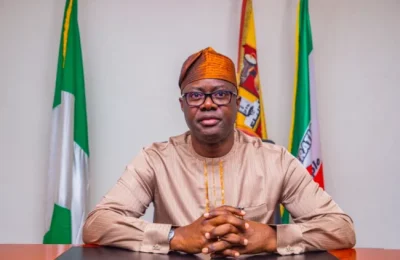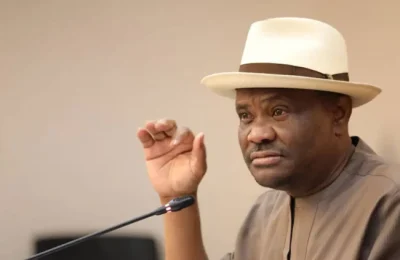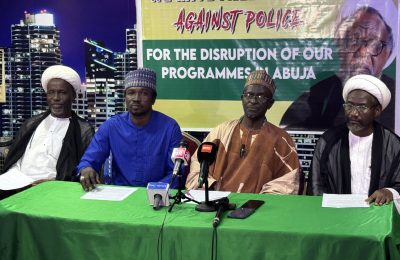
IN the last couple of weeks, cases of political violence have spiralled across the country. On January 24 in Lagos State, thugs chased the deputy governorship candidate of the Peoples Democratic Party (PDP), Funke Akindele, out of the Ikosi fruit market, forcing her to stop campaigning. A member of her security team was reportedly stabbed during the incident. Akindele’s principal, Dr. Olajide Adeniran, recently called for the protection of the Inspector-General of Police following the endless attacks on him and his campaign team by hoodlums. Peter Obi, the Labour Party (LP) presidential candidate, was attacked in Katsina State by hoodlums who threw heavy stones at his convoy, causing substantial damage to vehicles. Earlier, the convoy of the PDP presidential candidate, Atiku Abubakar, was attacked just as he left the palace of the Shehu of Bornu to Ramat Square, venue of his presidential rally. Over 70 persons who sustained injuries were rushed to hospitals in Kaduna. An office of the Presidential Campaign Committee of the All Progressives Congress (APC) was vandalised in Ilesha, Osun State. The list of violent incidents is long.
Meanwhile, there have been reports of politically motivated killings in Imo, Osun, Oyo, Enugu, Kaduna and Lagos states. In November 2022, the National Security Adviser, Babagana Monguno, reported that there were 52 cases of political violence across 22 states in one month. Between 2019 and 2022, hoodlums attacked 50 offices of the Independent National Electoral Commission (INEC) in 15 states. There have also been cases of destruction of billboards, campaign vehicles, campaign offices and other property. Several campaign rallies have been violently disrupted and convoys attacked. Thus, this election season has once again become associated with fear and anxiety over a possible breakdown of law and order as violence has heightened with just a few weeks to the elections.

It is disappointing that this is happening despite the signing of a peace accord by political party candidates. It is unfortunate that the same candidates who signed the peace accord are heating up the polity through incendiary remarks. The ongoing campaign for the forthcoming general election is turning out to be no different from, if not actually worse than, the past exercises characterised by violence and all kinds of negative behaviour.
Political violence affects elections in several ways. It disturbs and disrupts the peaceful environment required for people to freely vote. This may lead to disenfranchisement of some voters. No doubt, the conduct or non-conduct of elections in any part of the country because of violence has implications for the legitimacy of electoral outcomes. For instance, if millions of persons are disenfranchised because of displacement, then the national character of the presidential election can be questioned. Therefore, the case of internally displaced persons during this campaign season is particularly challenging.
When people are displaced too close to the elections and forced out of their constituencies of residence, they cannot vote for candidates to represent their deserted constituencies. This may therefore affect electoral outcome by detracting from the credibility and integrity of elections. Secondly, it renders the electorate insecure. Some voters or politicians and uninvolved citizens may be physically and psychologically hurt. People may be traumatised. It makes election unduly costly and destructive. Violence, as it has occurred across the country, has destroyed property and led to loss of life. It slows the process of democratic consolidation and may even lead to the breakdown of democracy.
The fact must be borne in mind that military interventions occurred on the heels of problematic elections in 1965 and 1983. Electoral security is a major issue for the 2023 general election and the capacity, neutrality and professionalism of security agencies are very crucial to its success. Beyond the deployment of more troops to the troubled areas ahead of the various elections, the security agencies must guarantee the safety of electoral officers, materials and voters during the elections. We recognise the role of the Inter-Agency Consultative Committee on Election Security (ICCES) in bringing stakeholders together to address the issues. Nonetheless, we note that there are enough laws in the books against violence, and that enforcement has been weak. The security agencies must not give non-compliant politicians the opportunity to behave with impunity and subject the country to violence in place of political campaign.
Peace agreements can only stand when politicians are held to their commitment to keep the peace. The security agencies must step up their game in a neutral and impartial manner to ensure that those who create and engage in violence are identified for punishment. This is the effective way to stop the current resort to violence during campaigns.







